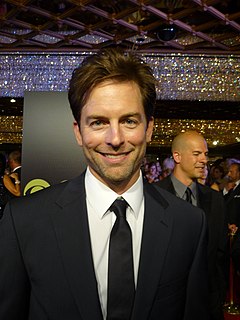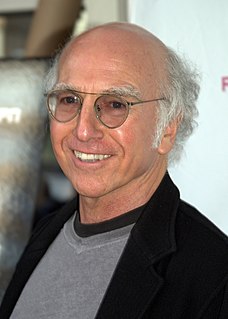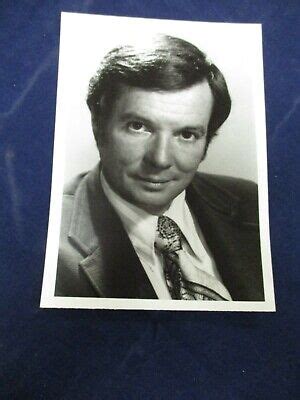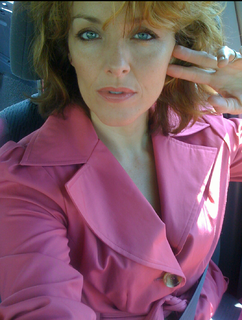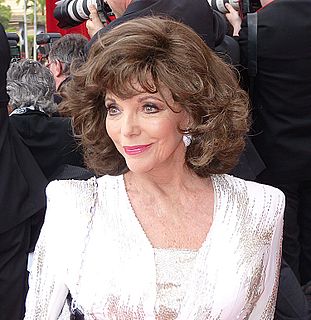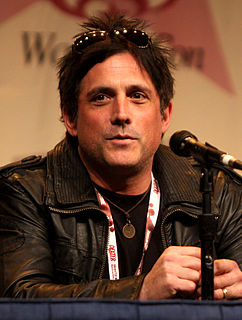A Quote by Gayle Forman
Related Quotes
This word "redemption," what is it about this word? Is it tangible? Do you know when it has happened? Is it necessary in a drama? Does it make a character boring? Does everyone agree on a character being "redeemed?" Or is it a word that is so subjective and polarizing and insignificant in modern television? It is a word that has been given, quite possibly, far too much significance, when it is truly ambiguous and meaningless in a drama. I have personally grown to loathe that word in literature.
I'm not interested in leaving it open-ended. That would just cause me frustration. I wouldn't be satisfied. What's really cool about Fringe, and one of the things we did do right, was that the way we chose to tell the story was that, with every season, there was a closure and then a new chapter. That allowed us to actually make the closure.


